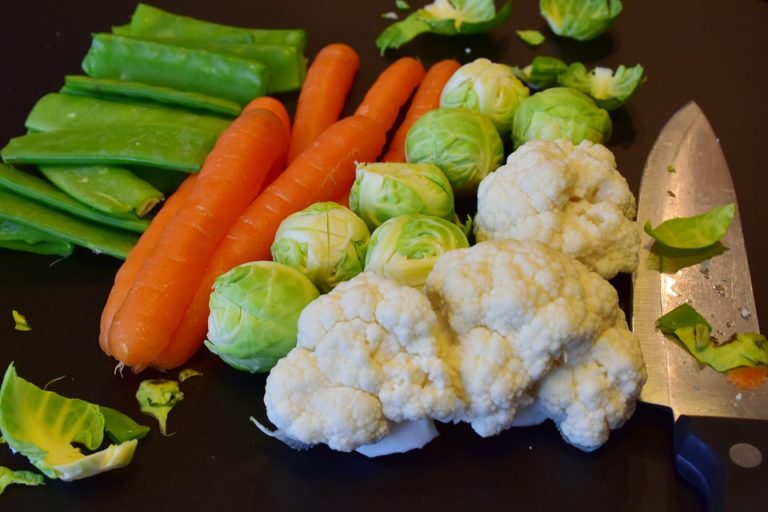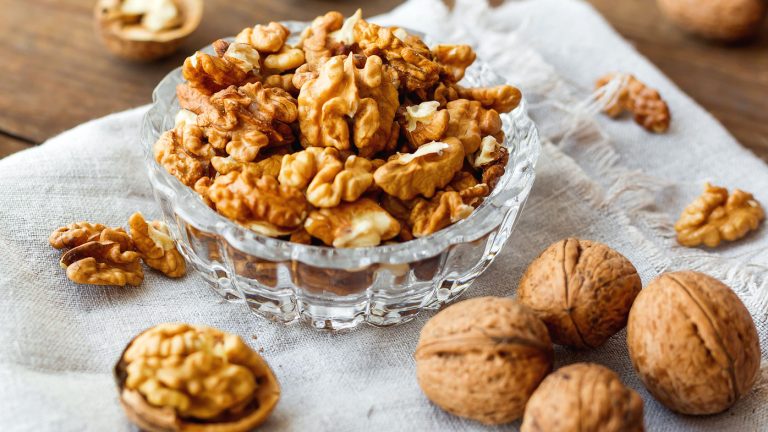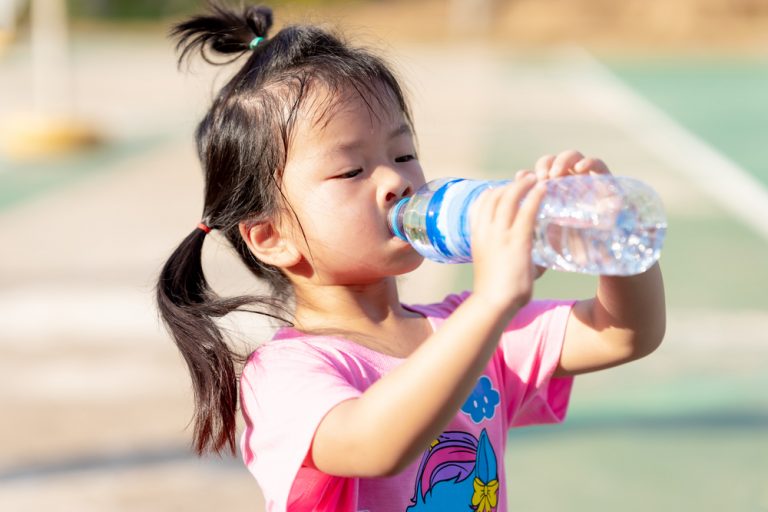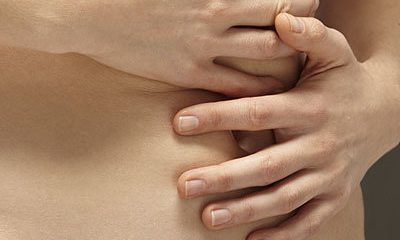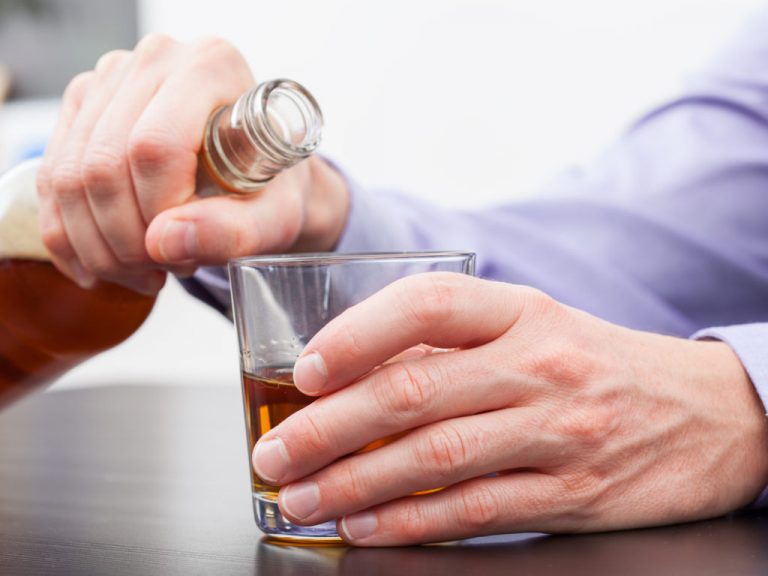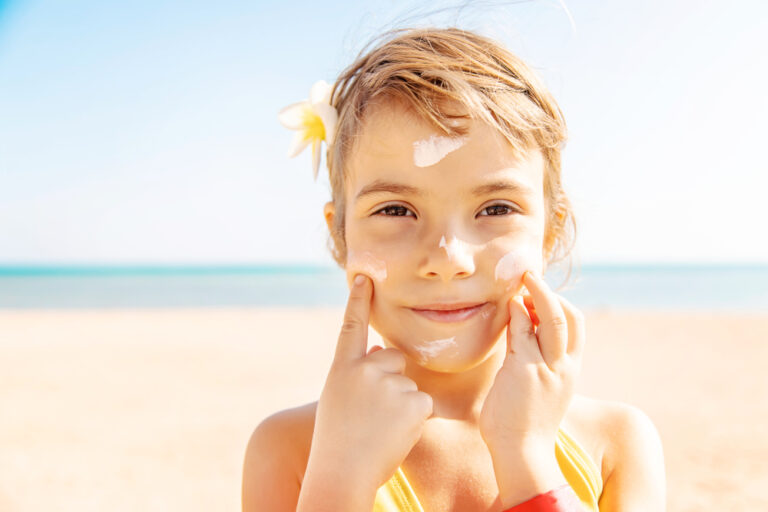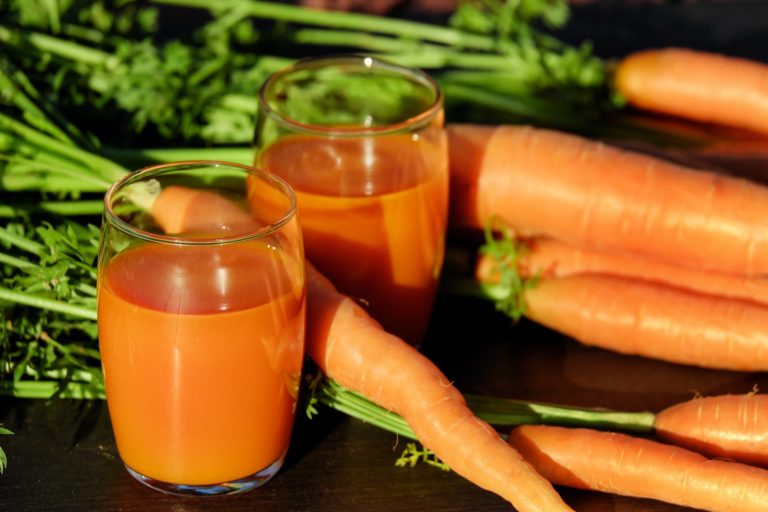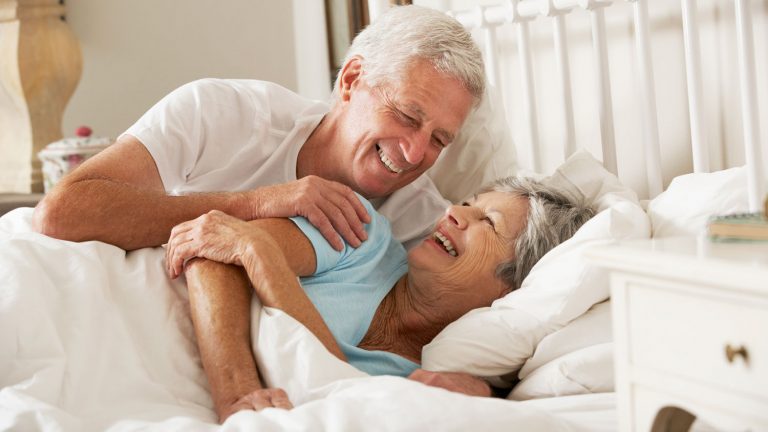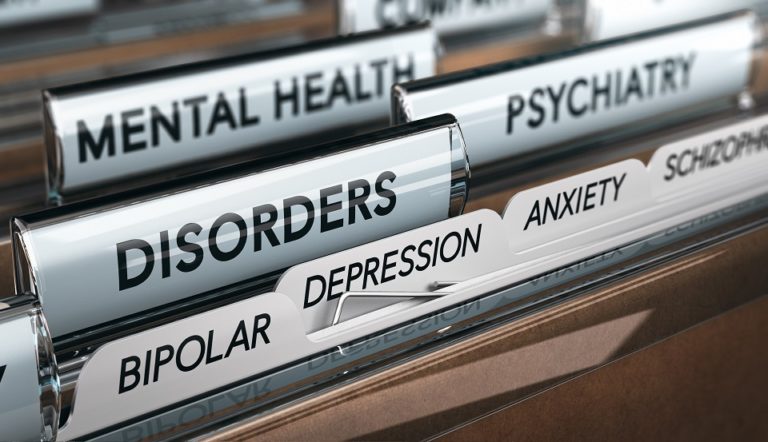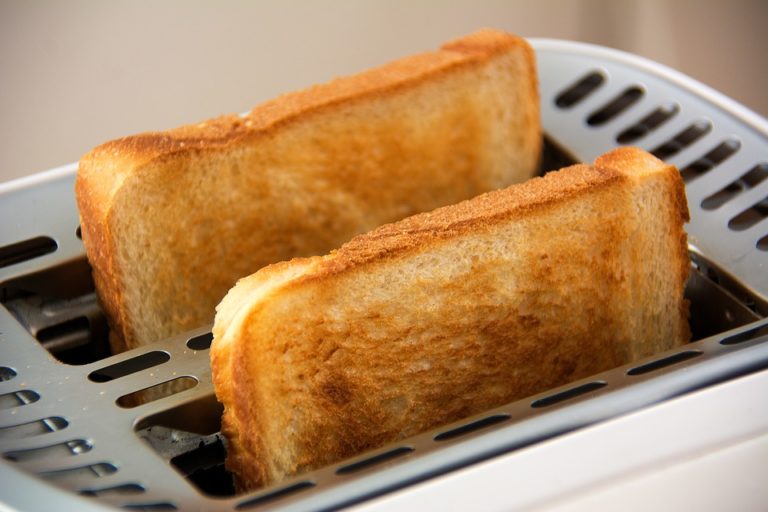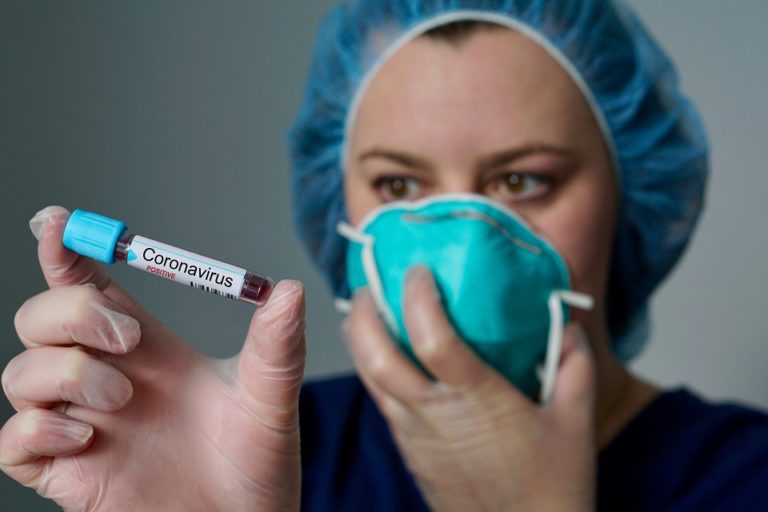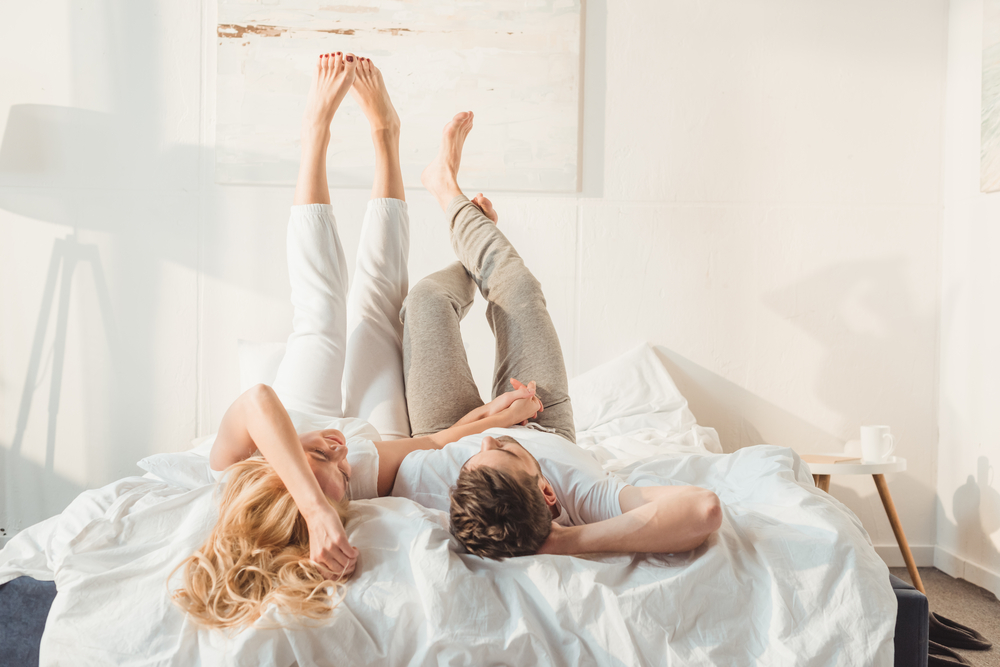
Create beautiful scenarios in your head
Hey, do not forget that it is your mind and you can imagine everything you want, so take advantage of the control you have over your mind and try to create nice scenarios in your head that help you relax. For instance, you can think about a beautiful vacation or try to picture yourself with the love of your life at a big festival.
“Try a visualization technique to soothe your nervous system,” says Kaczmarek. “Start by closing your eyes and taking three to five slow, deep breaths. Then, starting with the top of your head, slowly imagine your entire body filling with white light. Sit with that for several minutes until you feel calmer.”
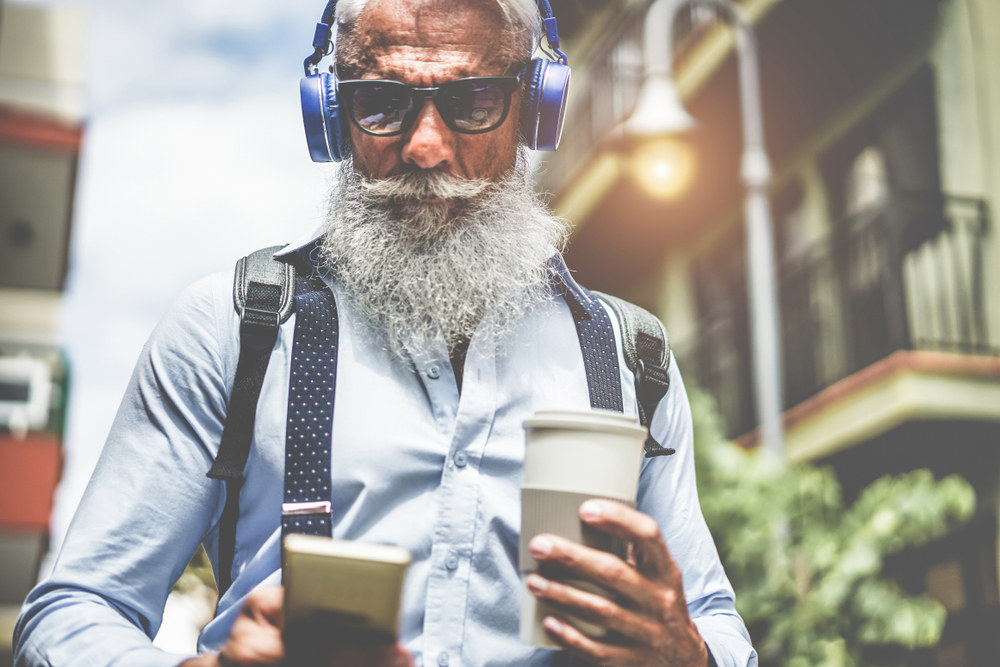
Listen to your favorite music, podcasts or radio
When you feel stressed just try to take a little break from your ordinary routine and listen to your favorite podcast. This way you can learn a lot of new things as well. Or you can simply create a relaxing playlist and listen to music.
“Create a soothing spa playlist on iTunes or Spotify, then turn it on for some musical relaxation when stress strikes,” says Kaczmarek.

You can practice yoga
According to medical experts, yoga is a good practice that helps you deal with everyday stressors. Recognizing the signs of stress in the body is the first step to happiness and health.
“Relaxation techniques such as abdominal breathing, progressive muscle relaxation, visualization, positive affirmations, and body-scanning exercises support consciousness and promote acting to manage stress levels. It helps reduce automatic reactivity and increases active problem solving to help reinforce taking control of the stress, rather than having the stress take control of the person,” said Mayra Mendez, Ph.D., LMFT, a psychotherapist at Providence Saint John’s Child and Family Development Center in Santa Monica, California.




